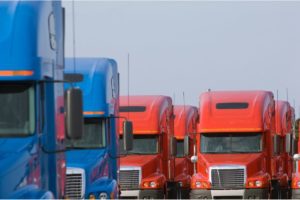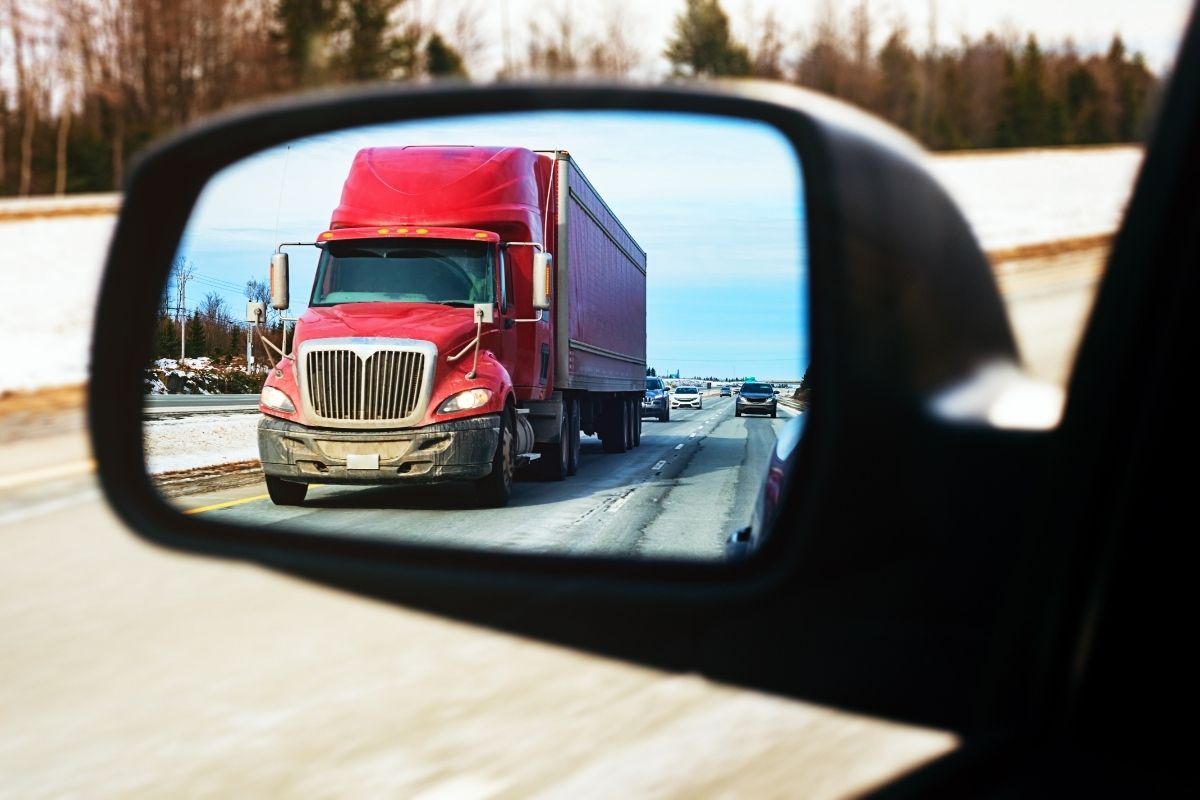Lawsuits Against Trucking Companies Are More Complex Than Car Accident Cases
Lawsuits against trucking companies for injuries sustained in a crash with a big rig are not the same as personal injury suits involving only passenger vehicles. Not only are catastrophic injuries or death more likely when a passenger car and a tractor-trailer collide, but holding negligent truck drivers and carriers accountable for their negligence can be much more challenging as well.
In auto crashes, issues of liability and fault, as well as the determination of who should be responsible for compensating the victim for their losses, are often relatively straightforward. Lawsuits against trucking companies, however, can be much more complicated. These suits can involve multiple responsible parties – from the truck driver and the carrier that owns the truck to insurance carriers and truck manufacturers.
In 2019, the National Traffic and Highway Safety Administration reported that the number of vehicle crashes involving large trucks comprised 11.1% of all fatal accidents in Colorado. That means that one in ten deadly collisions involved large trucks that year alone.
For good reason then, detailed and complicated federal rules and regulations govern the trucking industry and can play a huge role in a truck accident lawsuit. The unique legal issues involved in lawsuits against trucking companies – and how those companies may try to hide evidence of their negligence – make it essential that those injured in a trucking accident hire a Colorado Springs attorney with experience in semi-truck accident lawsuits.
Here are four issues to expect in lawsuits against trucking companies that distinguish them from car accident cases:
Federal Regulations
The Federal Motor Carrier Safety Administration (FMCSA) is the part of the U.S. Department of Transportation that issues and enforces strict safety regulations that govern the operation of commercial trucks. These extensive and detailed rules cover such matters as limiting the number of hours drivers can spend behind the wheel, inspection and maintenance requirements for these oversize vehicles, protocols regarding types of materials hauled, and weight restrictions, among many other things.
Violations of these regulations can play a critical role in establishing negligence and liability in a truck accident lawsuit. It is crucial that the lawyer representing a truck accident injury victim understand these rules and what to ask for to obtain the evidence needed to prove that the truck driver and others defendants broke those rules.
Vicarious Liability
“Vicarious liability” is the legal doctrine that describes holding a company or person responsible for damages caused by another person’s conduct if they have care, control, and oversight over that person. Vicarious means acting or done for another, and the concept most often arises in the context of an employer-employee relationship, where the employer can be held liable for the negligent acts of an employee.
Accidents involving passenger vehicles and semi-trucks raise all kinds of vicarious liability issues. These may include the driver’s status (whether they are an employee of the trucking company versus an independent contractor), if they were acting within the scope of their employment when the crash occurred, and the often convoluted relationships between carriers and related companies. Vicarious liability options and evidence are worth exploring as part of lawsuits against trucking companies because they can sometimes lead to additional available insurance or funds to help pay more fully for the massive injuries truck accidents can cause.
Falsifying Records
Trucking companies and big-rig drivers violate safety regulations for one reason: money. Drivers get paid more the longer they are behind the wheel and face pressure from the employing agency to make as many deliveries as possible as quickly as possible. This leads drivers to violate rules designed to ensure that they aren’t dangerously fatigued. Encouraged or pressured by their employers or clients (in the case of independently contracted drivers), drivers may violate basic traffic laws by speeding or driving recklessly to meet their deadlines. Also, trucking companies may skip required maintenance and inspections to save a few dollars and keep trucks on the highway and out of the garage.

These economic pressures – what some would call simple greed – is why the FMCSA has rigorous and detailed record-keeping requirements regarding compliance with federal safety rules. Federal law mandates that drivers and trucking companies keep and maintain logbooks and other documents which reflect, among other things:
- Driver qualifications
- Driver training
- Drug and alcohol testing
- Driver work hours
- Truck inspection, maintenance, and repairs
However, these records can be falsified and altered to reflect compliance with the law when infractions occur. There may be a temptation to break the law by covering up those violations if the company or their hired driver believes that by doing so they can protect themselves from fines or sizeable personal injury or wrongful death judgments in the event of an accident.
“Chameleon” Truck Companies
Another way that carriers can try to avoid responsibility for their negligence is by hiding behind so-called “chameleon” companies.
The federal government can force trucking companies to cease operations if their FMCSA record shows repeated safety violations or a high number of accidents. Similarly, a trucking company facing massive personal injury lawsuits may go out of business because of the potentially significant judgments against them.
That’s the good news. The bad news is that carriers know how to avoid enforcement efforts or significant judgments through underhanded tactics such as changing their company name, getting a new license number from the FMCSA, or keeping their trucks on the road regardless of what the regulators say.
All of these ways to falsify evidence or hide behind phony companies are designed to thwart efforts by injury victims to hold negligent trucking companies and drivers responsible for the harm they cause. That is why it is vital to have an experienced Colorado Springs trucking accident lawyer who understands these tactics and is persistent in getting to the truth.
Speak To Experienced Colorado Springs Truck Accident Lawyers Today
At King & Beaty, we have handled countless lawsuits against trucking companies, getting injury victims the compensation they deserve and need to move forward with their lives after a serious crash. And you pay nothing in attorneys’ fees unless we recover money for you. Please contact us today to arrange for your free case evaluation with our experienced and tenacious semi-truck accident lawyers.





